Photo by: Pixabay user Free-Photos
Producing and burning fossil fuels creates air pollution that harms our health and generates toxic emissions that drive climate change.
From the electricity that lights our homes to the cars we drive to work, modern life was built on fossil fuels like coal, oil and natural gas. But burning them creates climate change and releases pollutants that lead to early death, heart attacks, respiratory disorders, stroke, asthma, and absenteeism at school and work. It has also been linked to autism spectrum disorder and Alzheimer’s disease.
Research from Harvard University, in collaboration with the University of Birmingham, the University of Leicester and University College London, found that more than 8 million people died in 2018 from fossil fuel pollution, significantly higher than previous research suggested—meaning that air pollution from burning fossil fuels like coal and diesel was responsible for about 1 in 5 deaths worldwide.
Each year, our team contributes to the Lancet Countdown on Health and Climate Change to track the impacts of climate change on human health across 44 indicators around the world. Our research analyzes the health impacts of burning fossil fuels and shows how much we have to gain by ending our reliance on them. Recent research from our Center:
- Identified at least 21 different hazardous air pollutants, as defined by the U.S. EPA, including benzene, toluene, ethylbenzene, xylene, and hexane, in consumer-grade natural gas supplied to Massachusetts.
- Created a new inventory of air pollution impacts from stationary sources over the past decade that shows the negative impacts of burning natural gas and biomass have surpassed coal generation in many states, which is a trend that may continue.
- Conducted the first study to determine that Pennsylvania’s statewide setback regulations for fracking do not prevent setback incidents, and identified the potential risks and exposures for people living near fracking or underground natural gas wells.
- Showed that more people live closer to underground gas storage wells than previously thought. An estimated 20,000 homes and 53,000 people in predominantly suburban areas of PA, OH, WV, MI, NY, and CA live within a city block of active underground natural gas storage wells.
- Developed the science-based case for why it is “appropriate and necessary” for EPA to regulate mercury emissions from the power sector; and why the health benefits of regulation and remaining risks from mercury pollution in the U.S. should be assessed.
Study: Regional transportation pact could save more than 1,000 lives
A regional initiative among 12 Northeast and Mid-Atlantic states aimed at reducing carbon emissions from transportation could help avoid about 1,100 deaths and nearly 5,000 asthma cases each year, and could save more than $11 billion in health costs, according to a new analysis.
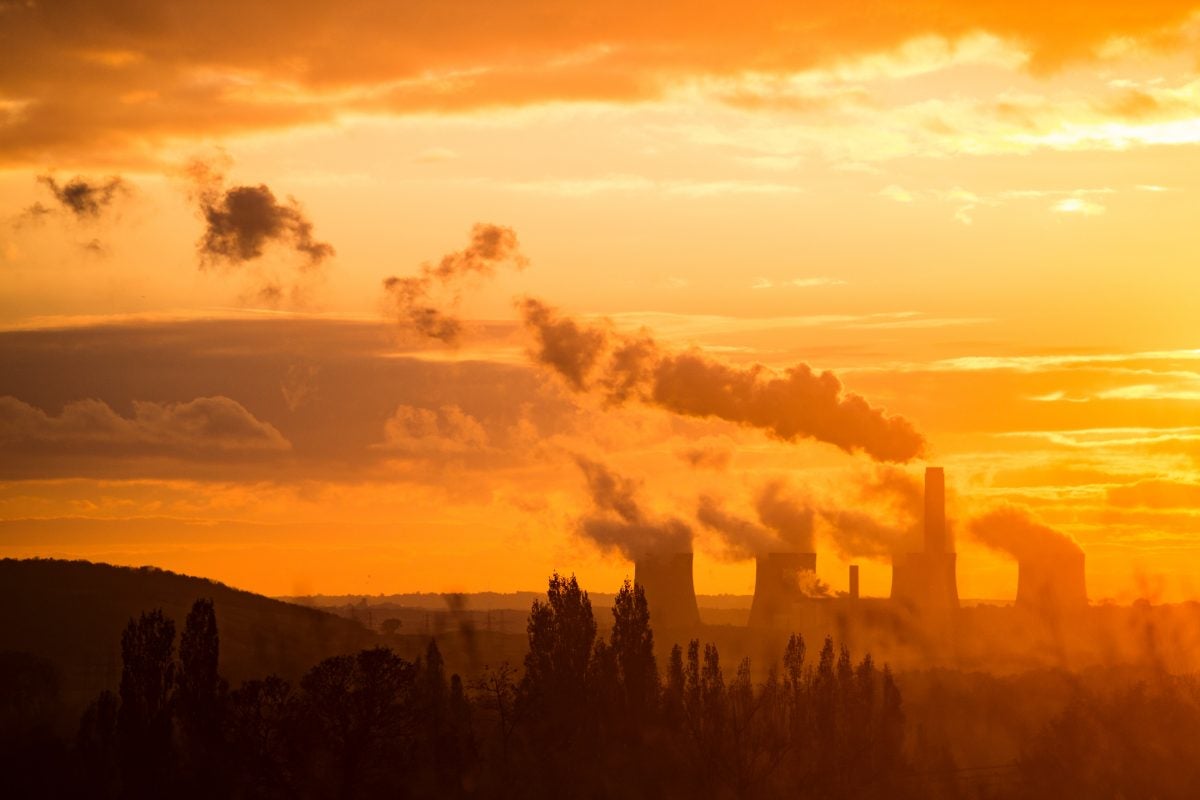
Carbon Standards Re-Examined
Our researchers collaborated with other institutions on a working paper on what EPA’s finalized ACE Rule means for public health. The analysis calls into question the assumptions and predictions used in EPA’s cost-benefit analysis.
Weakened mercury controls could lead to health harms
The Trump administration has weakened regulations regarding the release of mercury and other toxic metals from coal- and oil-fired power plants. Environmental and public health experts say the move is an attack on air quality and could harm health—particularly that of children. “What is most disconcerting to me is this administration’s lack of interest in…

Public Health Benefits Associated with Mercury Emissions Reductions from U.S. Power Plants
Our new white paper makes a science-based case for why it is appropriate and necessary to regulate mercury emissions from the power sector.

2019 Lancet Countdown on Health and Climate Change: Policy Brief for the U.S.
Every child born today will be affected by climate change. How we respond will shape the health of children across the globe.

Where to install renewable energy to get the greatest climate and health benefits in the U.S.
A guide for state and national policymakers designing climate plans and for utility and investor decisions.

Many More People Live Closer To Underground Gas Storage Wells Than Previously Thought
An estimated 20,000 homes and 53,000 people in predominantly suburban areas of PA, OH, WV, MI, NY, and CA live within a city block of active underground natural gas storage wells.

House Dust in Mining-Impacted Communities May Impact Children's Health
Young children are a particular concern because early exposures to metals commonly found at mining sites are associated with neurodevelopmental deficits.
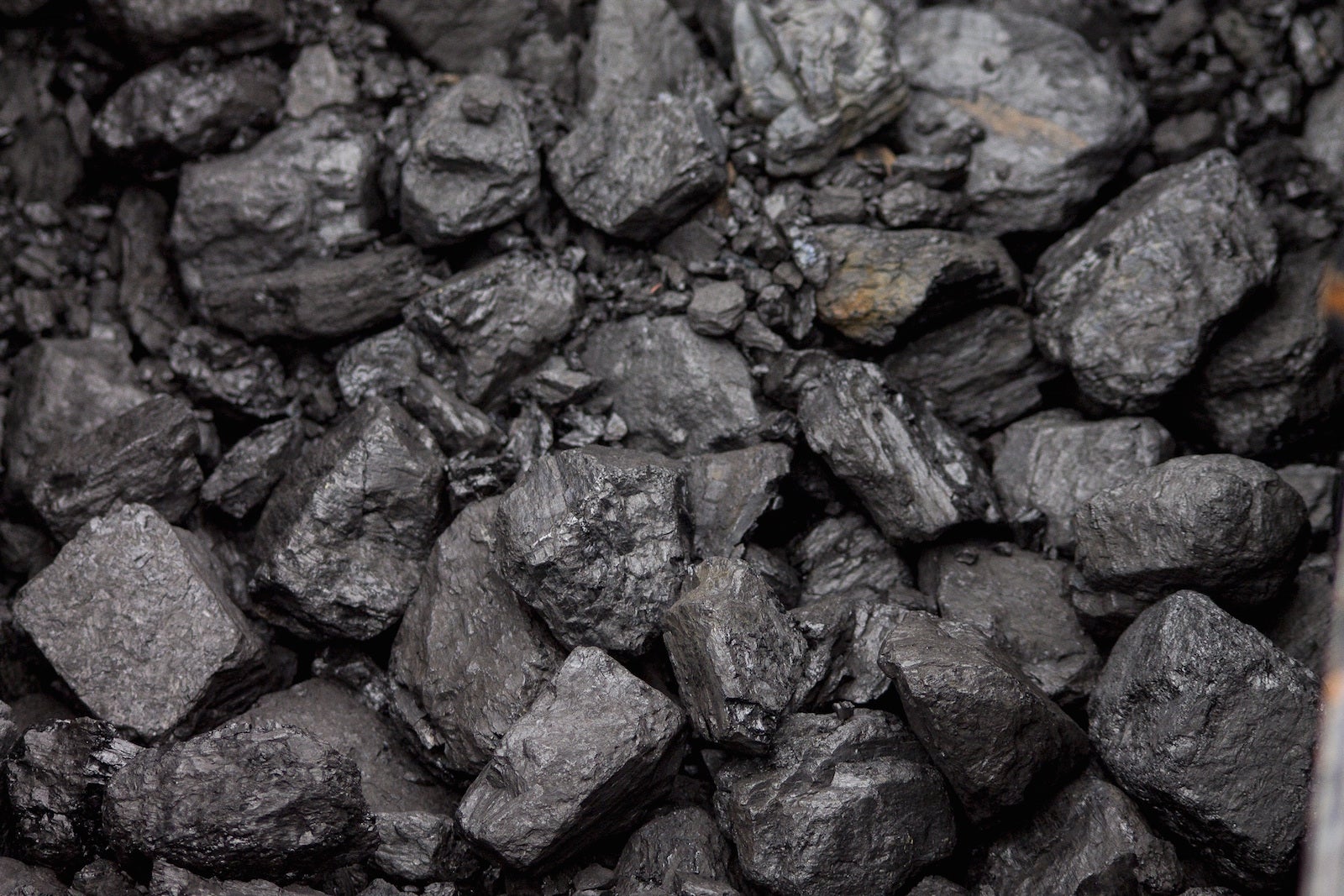
Full Cost Accounting for the Life Cycle of Coal
Life cycle impacts of coal cost the US public a third to over one half a trillion dollars annually.
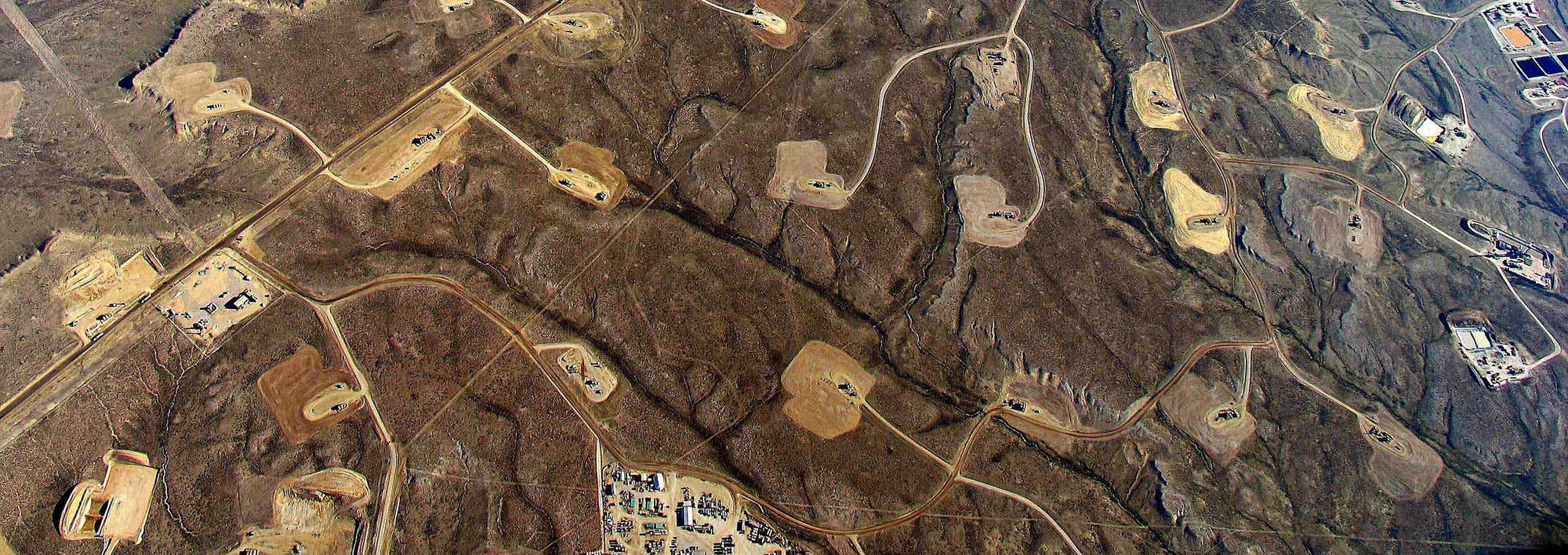
How Dangerous are Underground Natural Gas Storage Wells?
Study explores the risks of aging infrastructure throughout the United States.

In California, natural gas availability still an issue 3 years after major leak
In May, research fellow Drew R. Michanowicz argued in the Los Angeles Times that using depleted oil wells as high-pressure natural gas storage tanks requires modern engineering against blowouts

House Dust in Mining-Impacted Communities May Impact Children's Health
Young children are a particular concern because early exposures to metals commonly found at mining sites are associated with neurodevelopmental deficits.

Full Cost Accounting for the Life Cycle of Coal
Life cycle impacts of coal cost the US public a third to over one half a trillion dollars annually.

How Dangerous are Underground Natural Gas Storage Wells?
Study explores the risks of aging infrastructure throughout the United States.
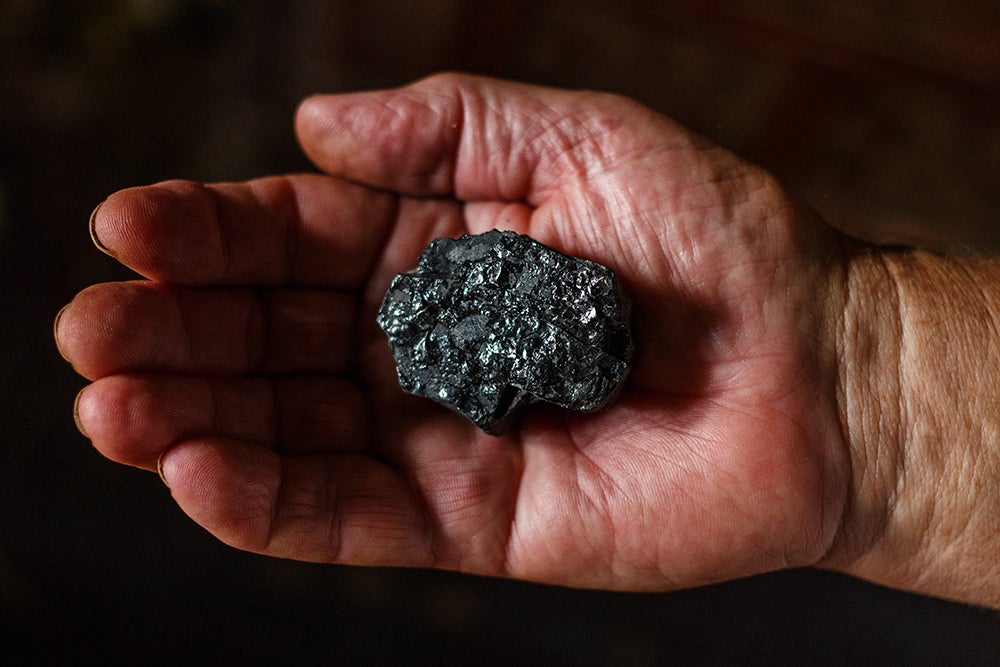
Mining Coal, Mounting Costs: The life cycle consequences of coal
Coals impacts cost US public over one-half a trillion dollars annually.

Estimating Public Health Impacts from Individual Power Plants
A tool to help policy-makers design policies and interventions.
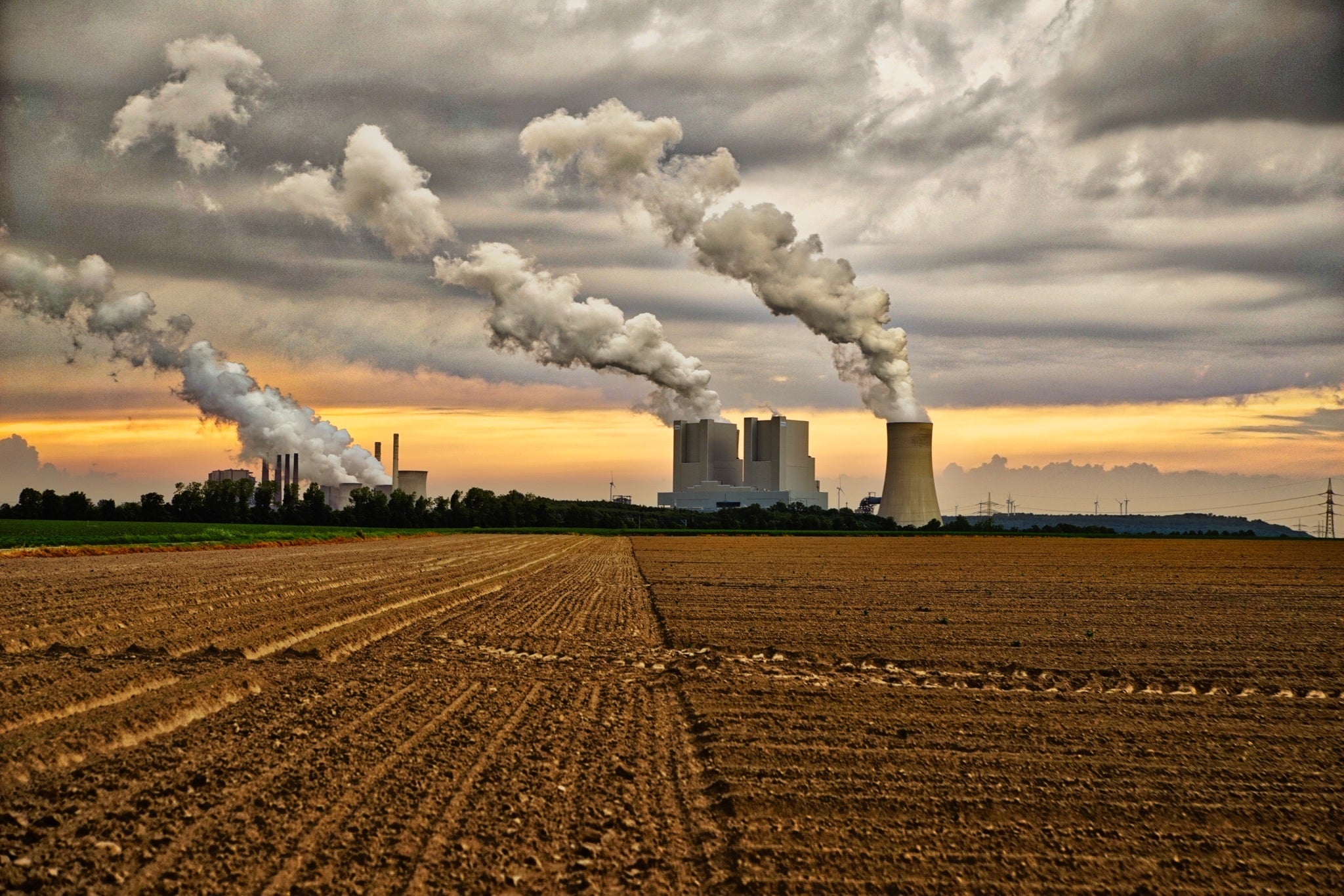
Health Co-Benefits of Carbon Standards for Existing Power Plants
Analyzing the clean air and health benefits of power plant carbon standards in the U.S.
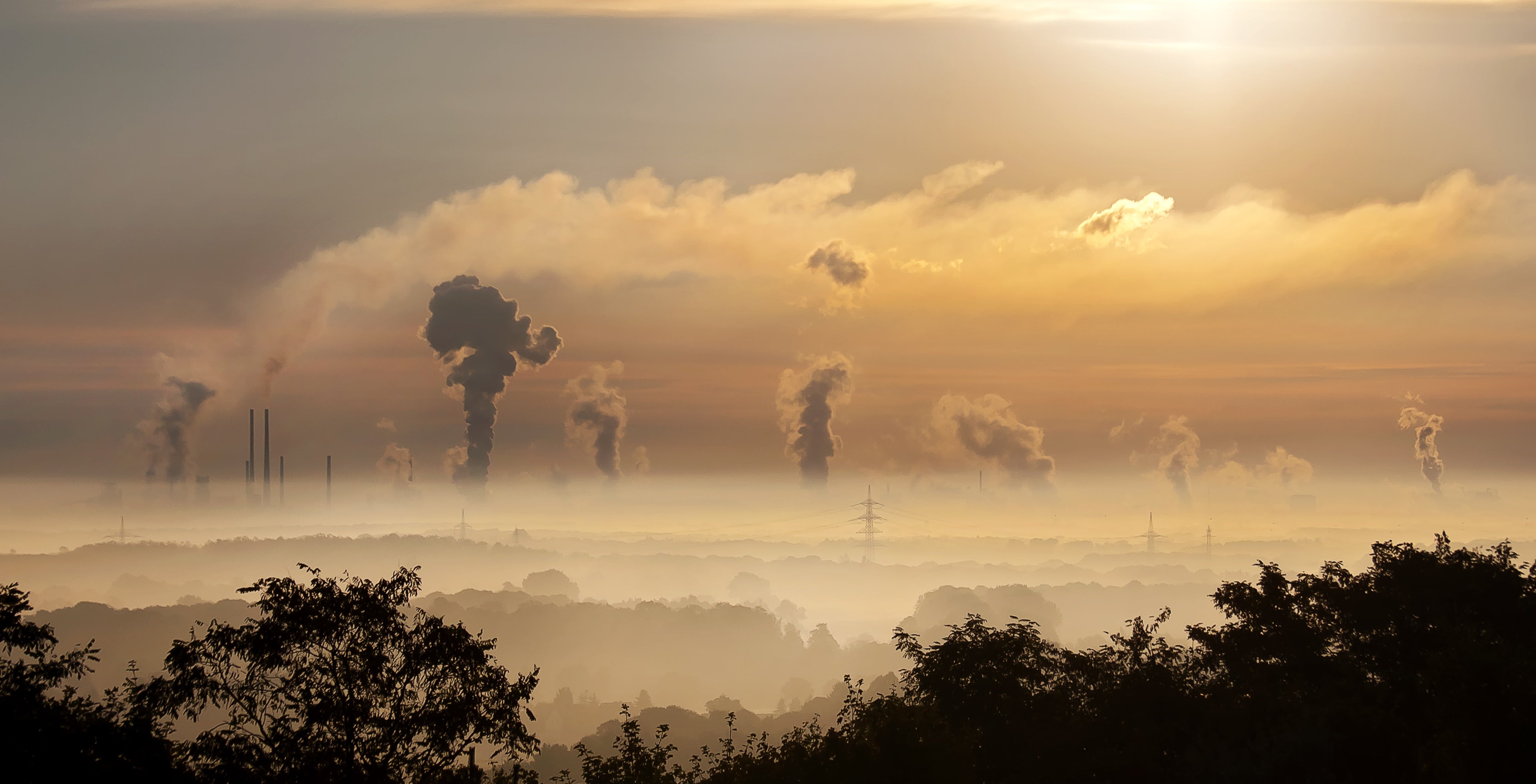
Costs and Health Co-Benefits for a U.S. Power Plant Carbon Standard
Reducing carbon dioxide (CO2) emissions from power plants can have important “co-benefits” for public health by reducing emissions of air pollutants.
Op-ed: McCarthy urges action on a warming climate
Although the latest news on climate change paints a dire picture, Gina McCarthy of Harvard T.H. Chan School of Public Health says that states, cities, and individuals can take action to cut the carbon emissions that are driving the warming climate. In a commentary on WBUR’s “Cognoscenti,” McCarthy, director of the Center for Climate, Health,…
Less mercury in the environment since tougher emissions rules enacted
Mercury has declined significantly in the air, water, and soil, and in U.S. freshwater and Atlantic Ocean fisheries. Weakening emissions rules could impede progress.
